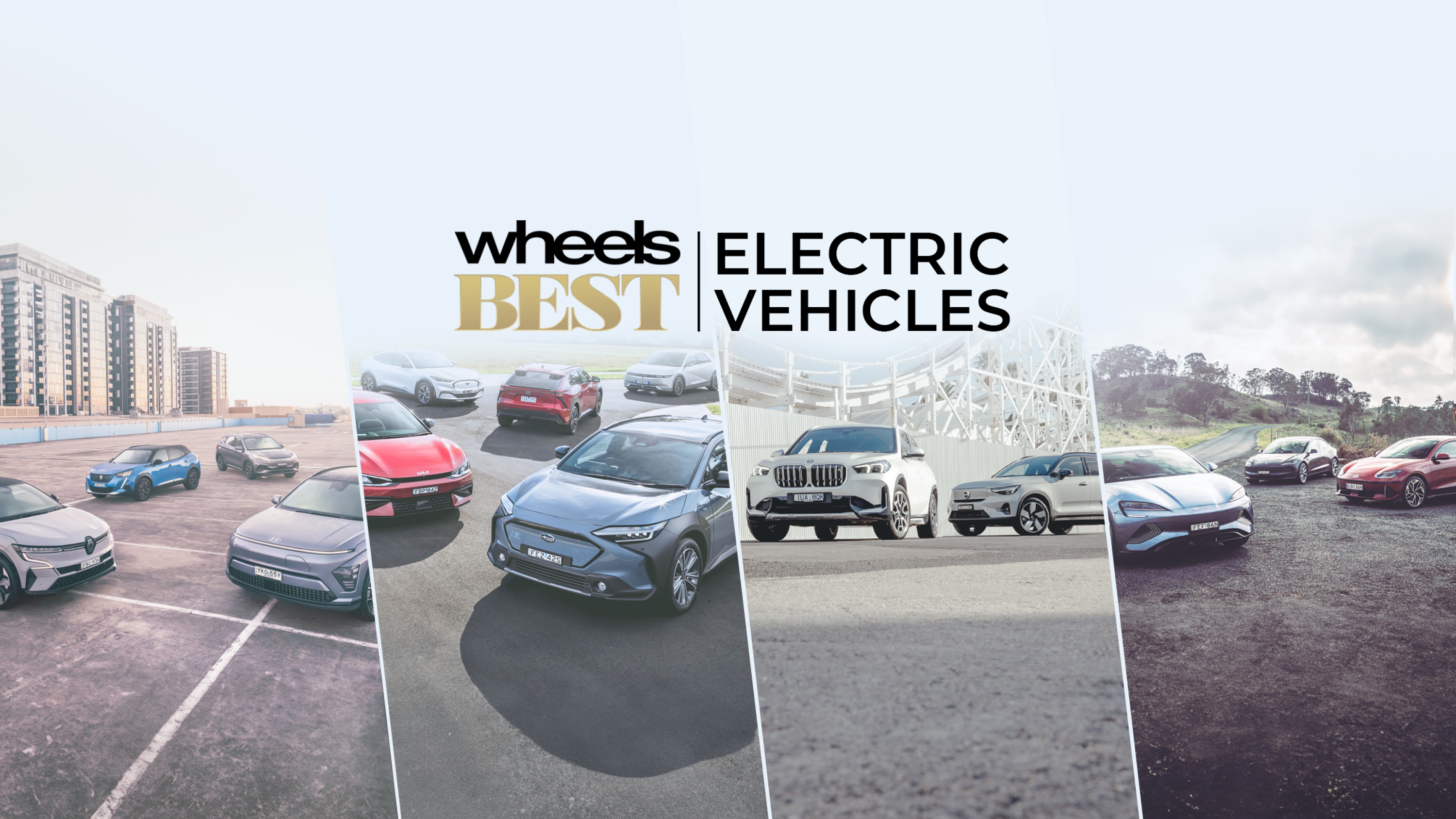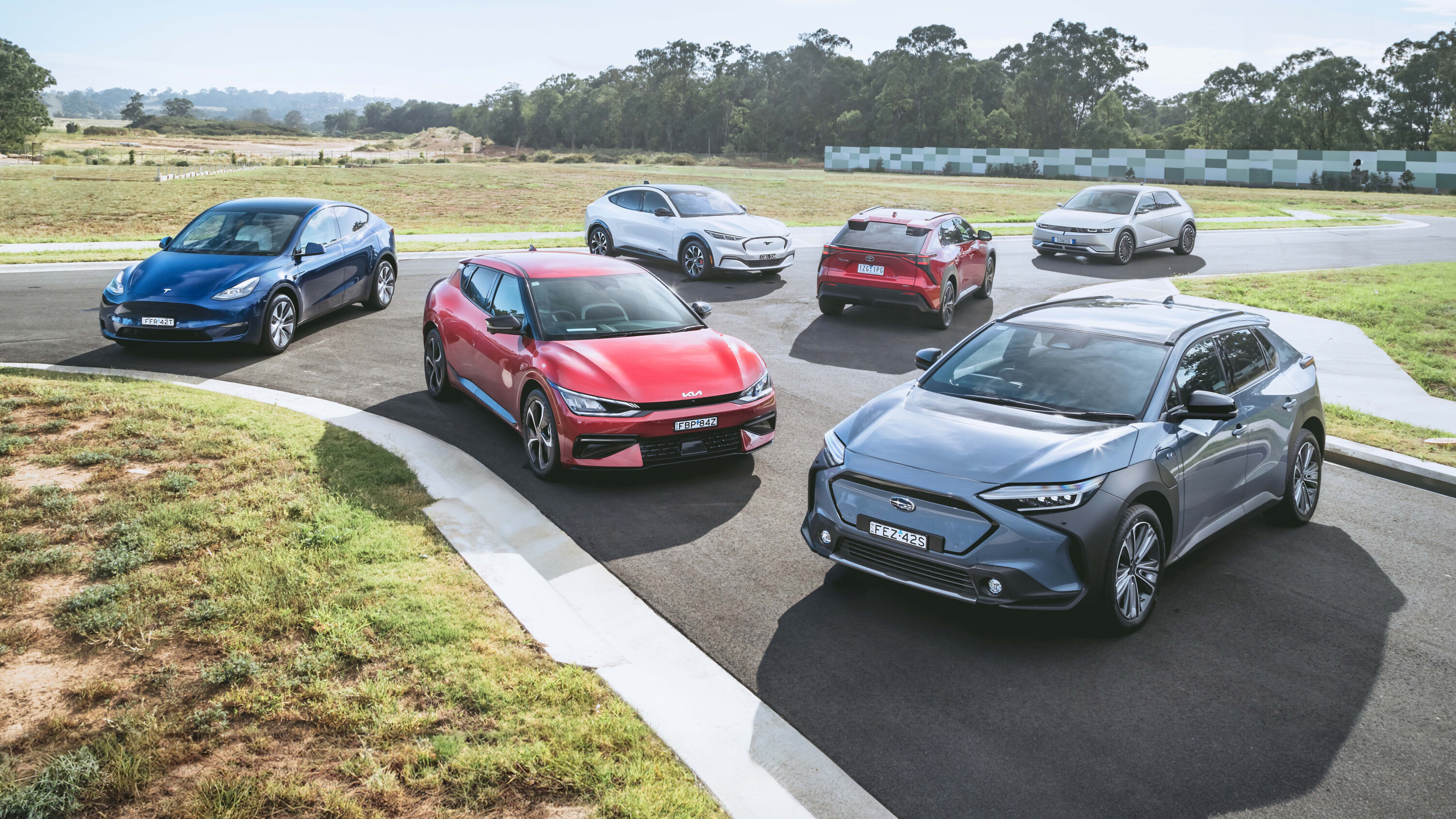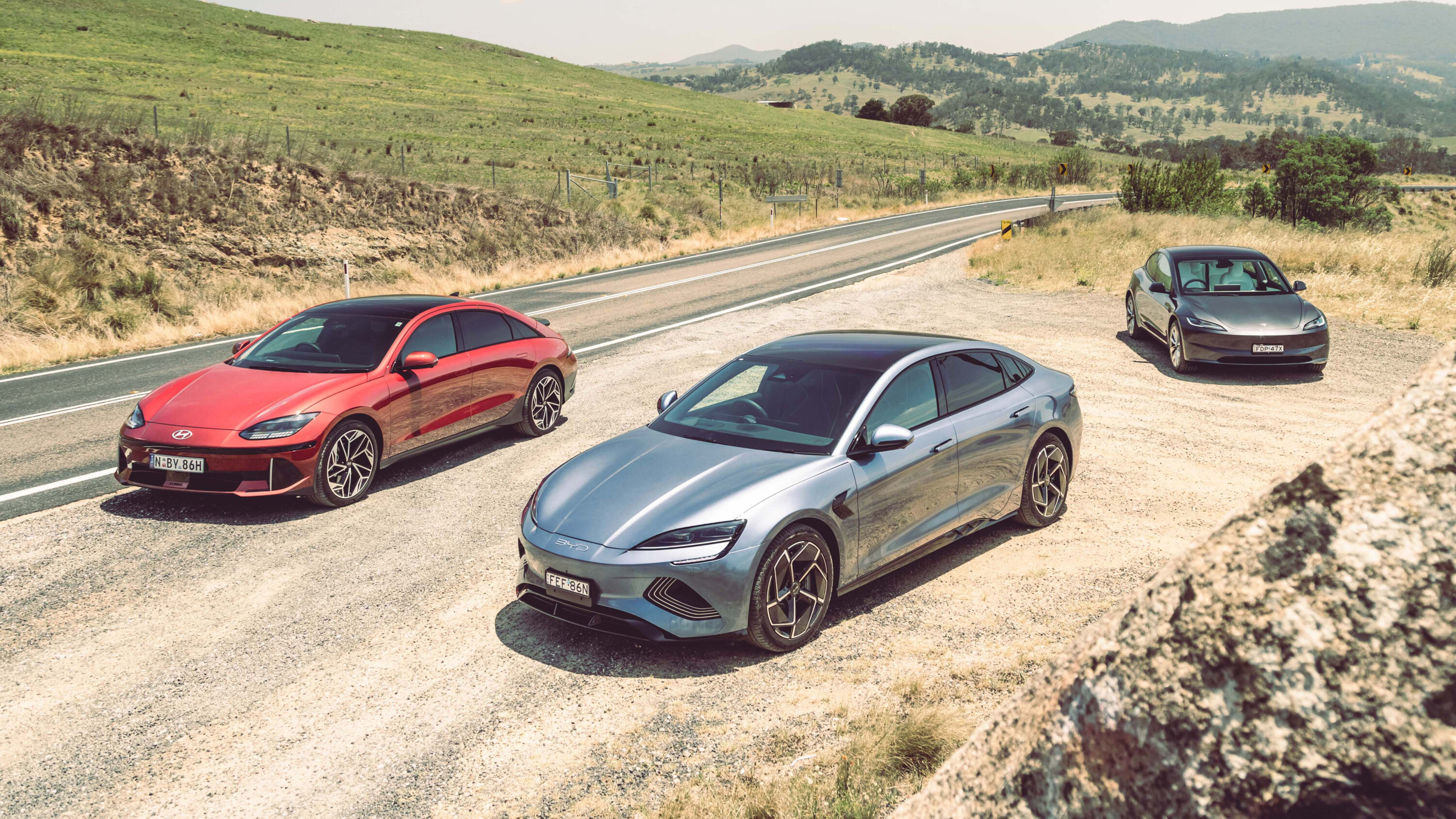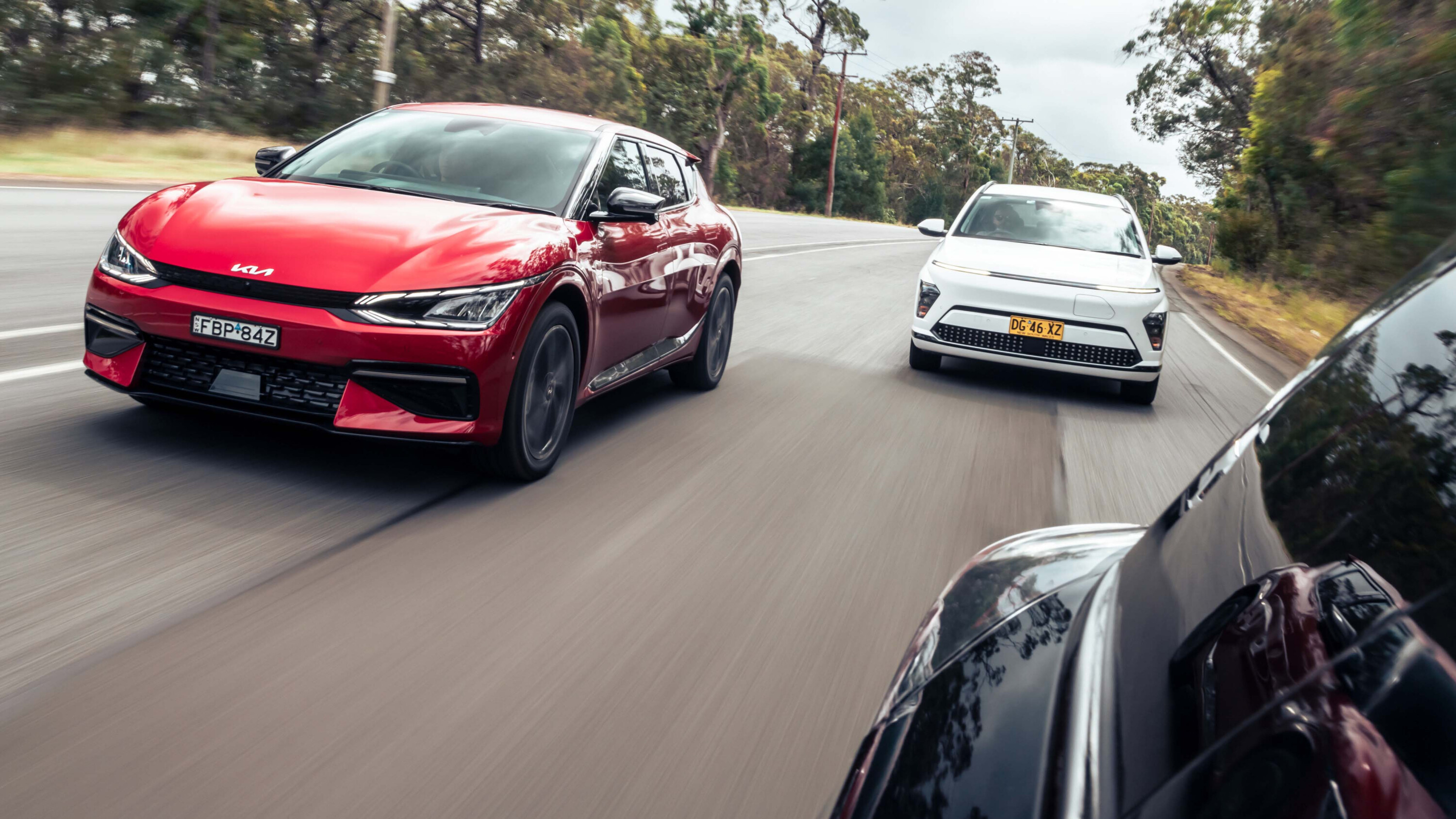
Electric cars don’t yet account for even 10 per cent of the new-car market in Australia, so you might wonder why Wheels would spend two months compiling our most comprehensive and exhaustive interrogation of battery-powered vehicles yet.
Part of the answer lies in disproportionate relevance. Despite relatively low – though fast-growing – sales figures, electric cars are the one segment set to have the biggest impact on every Aussie motorist over the next decade.
Petrol and diesel cars are set to be banned in Europe and the UK from 2035, while Australia is currently undergoing hot political and industry debate regarding the introduction of a national fuel efficiency standard that essentially aims to wean the country off its appetite for big, gas-guzzling utes and SUVs.

Let’s be clear: this needs to be a period of transition
Australia is not ready for everyone to be forced into EVs – our national charging infrastructure is still extremely poor, to cite one major issue.
But they can work for many buyers right now, especially those with the ability to charge at home.
Australians are already making the switch to EVs in bigger numbers: Five years ago, about 1350 fully electric vehicles were sold locally – with fewer than 450 registered to private buyers.
In 2023, more than 87,000 battery electric vehicles (BEVs) were registered – a year-on-year increase of 161 per cent. To the end of February 2024, BEV registrations are up again, by 15 per cent.

It’s true that more than 65 per cent of EV sales in 2023 can be attributed to just two brands (Tesla and BYD) and ostensibly just three models (Tesla Model Y and 3, and BYD Atto 3). Yet every year now, the number of fresh challengers arriving on the scene grows exponentially.
This year we’ll see at least 30 new EVs, including first-ever battery vehicles from the likes of Jeep (Avenger), Renault (Megane E-Tech), Skoda (Enyaq), Subaru (Solterra), Toyota (bZ4x), and Volkswagen (ID.3, ID.4, ID.Buzz).
Toyota taking on the Tesla Model Y, the world’s best-selling car, with the bZ4x SUV is just one of the fascinating battles among our dozen Wheels Best EVs comparisons.
BYD has its first direct challenger to the Tesla Model 3 with the Seal, while its Dolphin hatch joins the GWM Ora and MG4 as models proving EVs can be properly affordable.
And its likeable Atto 3 SUV faces a test against Hyundai’s second-generation electric Kona as well as fresh French rivals.

Our Wheels Best EVs series is such a behemoth that we’ve split it into two parts: Under $80K (or ‘mainstream segments’, if you like) and Over $80K (aka luxury and performance segments).
Part Two is equally intriguing, where German luxury brands Audi, BMW and Mercedes clash not just with now-traditional challengers Lexus and Genesis but also the most expensive models to be offered yet from Hyundai and Kia (the Ioniq 5 N and EV9, respectively).
The 5 N, Hyundai’s first electric performance car, faces a raft of fast EVs, with no less of a daunting prospect than facing the mighty Porsche Taycan.
This week we’ve published all our Over $80K, completing our guide to the best EVs you can buy right now for almost every type of budget.
⚡ 2024 Wheels Best EVs
Looking for an EV in a different size or price category? Visit our full Wheels Best EVs series at the links below.
? Wheels Best EVs
- Best Small Electric Car Under $40K
- Best Small Electric Car $40-50K
- Best Small Electric Car $50-60K
- Best Electric Small SUV
- Best Electric Midsize SUV
- Best Electric Midsize Sedan
? OVERALL WINNER: Best Electric Car Under $80K
PART 2
- Best Electric Large SUV
- Best Electric Small Luxury SUV
- Best Electric Midsize Luxury SUV
- Best Electric Luxury Sedan Under $100K
- Best Electric Luxury Sedan Over $100K
- Best Electric Performance Car





